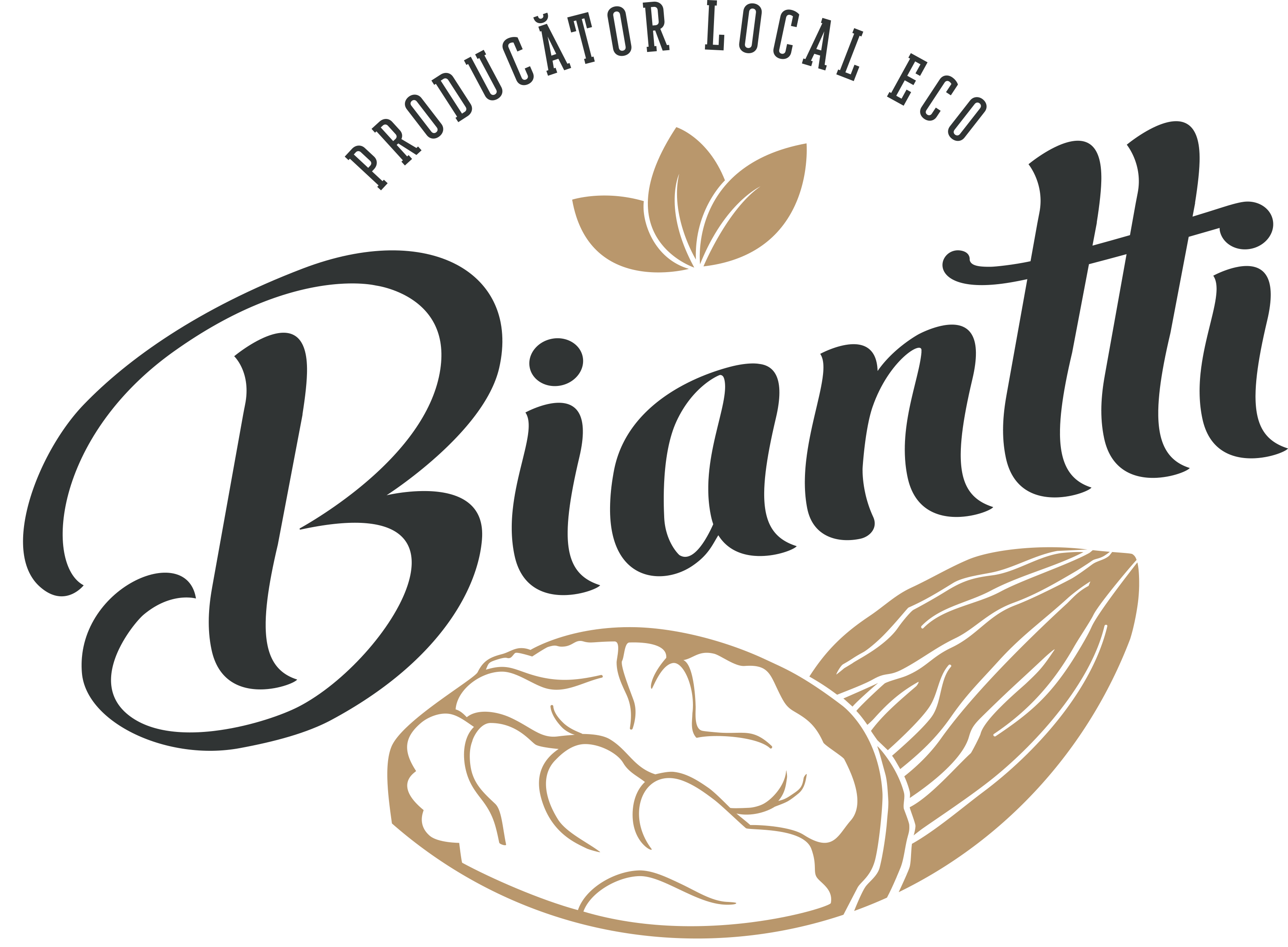Even though many people might consider that almonds resemble nuts, scientifically speaking, they are much more similar to peach pits. Almonds are, in fact, the fruits produced by fruit trees that were initially found in North Africa or Asia. These trees do not develop a fleshy, sweet pulp to cover the seed; instead, they are covered with a hard shell. Under the shell, there is the hard kernel, which is covered by a protective skin.
About Almonds:
There are two types of almonds – sweet almonds and bitter almonds. Sweet almonds are used in many Asian dishes, but also as a dessert or garnish. Sweet almonds can be used ground in European recipes to make marzipan.

Bitter almonds are not quite as bitter. Bitter almond extract is used to flavor a very fragrant liquor called amaretto. Their mild, slightly bitter taste is a distinctive characteristic of this type of almond. Bitter almonds can be processed and used in salads and other types of food.
Almonds can be found all over the world. In the USA, almost all almonds available on the market are imported from California. Almonds are available raw for cooking, roasted or baked for snacking, and ground for salads, pastas, or garnishes. They are very rich in good cholesterol.
Almond Benefits:
All scientific research suggests, but does not prove, that consuming almonds daily as part of a low-saturated fat and cholesterol diet can reduce the risk of heart disease.
Almonds can be eaten raw or included in a wide variety of dishes. They are also used to produce almond oil, almond syrup, and almond butter. Nutritionists and dietitians often recommend patients to consume around 4 or 5 almonds per day to benefit from a healthy life. Since almonds are fat-free, they are recommended for people on a diet. Almonds come in various forms: salted, raw, sliced, or with skin, etc., and each of these types offers considerable benefits.
Sweet Almond Oil 100ml Tonik Pharm
Both raw almonds and almond oil are highly effective for the brain. When you eat a few almonds per day, you should know that they help improve concentration and memory, especially in children. They are also considered to enhance the intelligence of little ones and make them more active.
- Almonds help maintain the correct level of cholesterol and increase HDL (High-Density Lipoprotein – good cholesterol) levels, while lowering LDL (Low-Density Lipoprotein – bad cholesterol) levels. This is very useful for preventing heart disease.
- Almonds have huge benefits for the skin, protecting it against pollution. By including almonds in your diet, you can benefit from very beautiful, supple, and elastic skin. When you apply almond oil directly, it helps maintain healthy, smooth skin.
- The benefits of sweet almond oil also include treating and preventing cracked and dry skin. This oil is also used for massaging babies.
- Almonds contain monounsaturated fats, which are very good for heart health. These monounsaturated fats, together with antioxidants, also help prevent heart conditions.
- Among the benefits of almond oil, we can also include its help in maintaining proper blood pressure, which indirectly helps prevent conditions caused by high blood pressure.
- The folic acid in almonds helps greatly in preventing birth defects. During pregnancy, almonds are used to treat constipation, a very common issue for pregnant women.
- Organic almond milk has fewer calories and can be safely used by people on a diet. Almond milk is known to help eliminate excess weight quickly.
- Hair can benefit from almond oil, which is used to treat dry hair and also to prevent hair loss and damage.
- Almonds are rich in potassium and magnesium.
